|
The Francophone-led government of Cameroon has made various attempts to stem violence in the country triggered by demands for greater autonomy and representation by the people in its English-speaking regions. The latest effort was a national dialogue organised by President Paul Biya. But, as Cheryl Hendricks and Gabriel Ngah Kiven argue, this might fail because it doesn’t address the fundamental demands being made by English-speaking Cameroonians.
Turkish President Recep Tayyip Erdogan has threatened to deport 3.6 million Syrians now living as war refugees in Turkey. If he does, he won’t be sending them home to a ‘safe zone’ as promised, instead they will be sent into an active combat situation. Deina Abdelkader argues that most of the refugees are vulnerable women, children and LGBTQ people. Deporting them could make them the collateral damage of a chaotic, many-sided war.
|
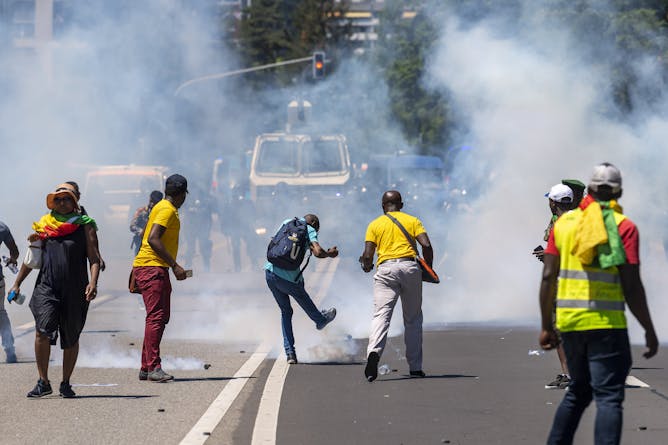
Cameroonian nationals in Geneva protesting against the presence of President Paul Biya.
Martial Trezzini/EPA-EFE
Cheryl Hendricks, Human Sciences Research Council; Gabriel Ngah Kiven, University of Johannesburg
What Cameroon needs is a properly mediated process signing all the parties to a pre-agreed agenda
|
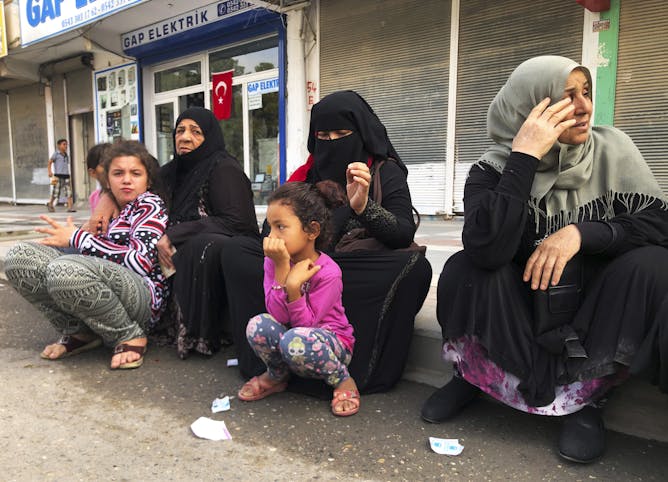
Refugees awaiting municipal bread distribution in Akcakale, Turkey, Oct. 20, 2019. Three-quarters of the Syrian refugees in Turkey are women and children.
AP Photo/Mehmet Guzel
Deina Abdelkader, University of Massachusetts Lowell
Turkey is threatening to send 3.6 million refugees back to the Syrian territory it just invaded. Deporting these vulnerable people would make them the collateral damage of a chaotic, many-sided war.
|
Politics + Society
|
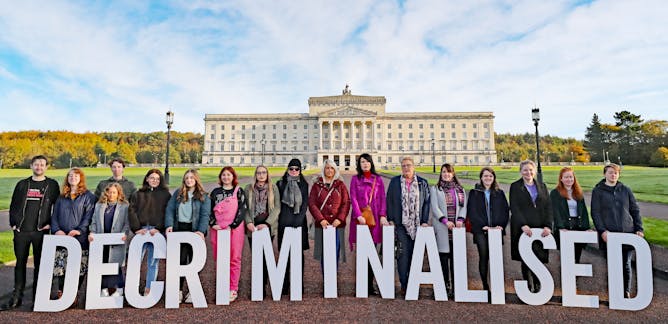
Jennifer Thomson, University of Bath
Westminster has pushed Northern Ireland to fall into line with the rest of the UK when it comes to women's reproductive rights and marriage for same-sex couples.
| |
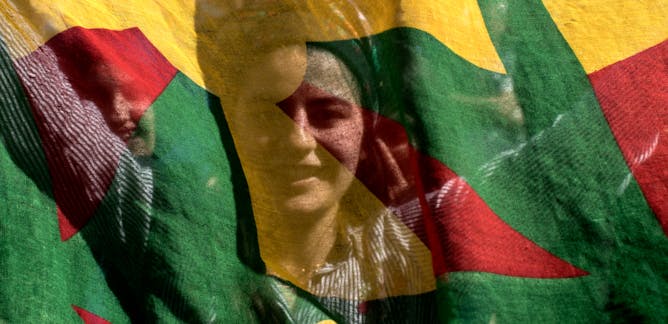
Recep Onursal, University of Kent
By burying the Kurdish conflict, Turkey has made it that much more difficult to resolve.
|
|
|
Science + Technology
|

Christopher R. Moore, University of South Carolina
Why did Earth's climate rapidly cool 12,800 years ago? Evidence is mounting that a comet or asteroid collision is to blame, with new support coming from the bottom of a South Carolina lake.
| |
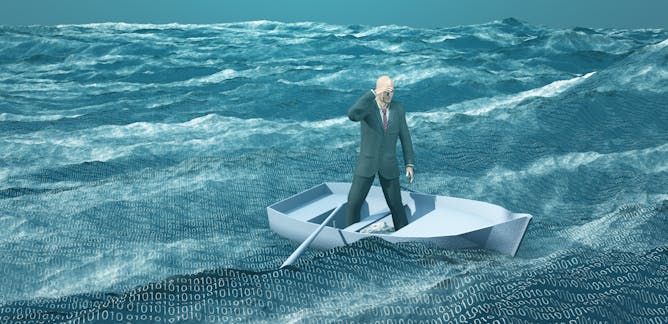
Mohiuddin Ahmed, Edith Cowan University
A major cyber attack on a data lake could have immense consequences for any of us. And the damage could be felt anywhere from banking to the healthcare sector.
|
|
|
En español
|
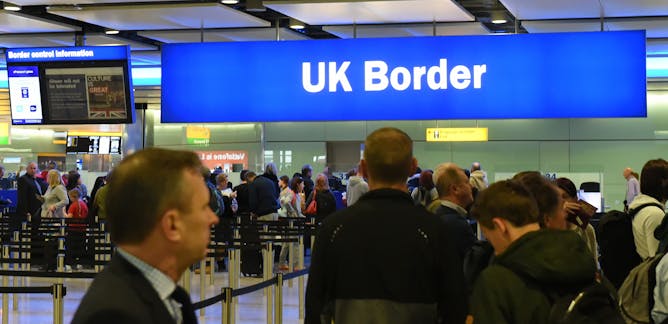
Francisco Diaz Bretones, Universidad de Granada
Una investigación de las universidades de Nottingham y Granada analiza los cambios en las emociones y cogniciones de los trabajadores europeos que viven en Reino Unido tras la irrupción del Brexit.
| |

Margarita Mediavilla Pascual, Universidad de Valladolid
Cada vez es más difícil extraer petróleo y nuestros estudios confirman que no tenemos tiempo para desarrollar tecnologías que permitan continuar con un creciente consumo de energía como el actual.
|
|
|